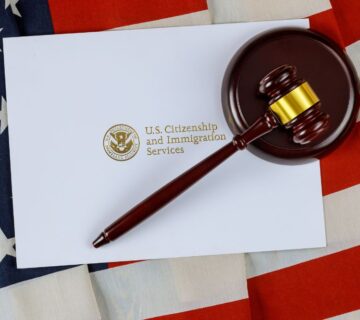Contract disputes are a common occurrence in the business world, arising from disagreements over the terms, obligations, or performance of a legally binding agreement. From a lawyer’s perspective, navigating these disputes effectively requires a strategic approach, encompassing legal analysis, negotiation, and, if necessary, litigation.
Here’s a breakdown of the critical aspects involved:
- Understanding the dispute and potential remedies
- Identifying the Breach: We will meticulously examine the contract to determine if a breach has occurred, whether it’s a material breach (significantly impacting the contract’s purpose) or a minor breach (less severe but still causing issues).
- Assessing Damages: Quantifying the financial losses caused by the breach is crucial, including compensatory damages, punitive damages, and, where applicable, liquidated damages specified in the contract.
- Considering Remedies: Exploring available legal remedies such as specific performance (ordering the breaching party to fulfill their obligations) or rescission (canceling the contract and restoring the parties to their original positions) is essential.
- Legal analysis and strategy development
- Reviewing the Contract: A thorough review of the contract’s terms and clauses, identifying any ambiguities or provisions that may have led to the disagreement, is foundational.
- Researching Applicable Laws and Precedents: We will research relevant laws, precedents, and similar cases to assess the strength of the client’s position.
- Developing a Strategic Approach: Based on the analysis, a tailored strategy for achieving the best possible outcome is devised, which may involve negotiation, mediation, arbitration, or litigation.
- Navigating dispute resolution methods
- Negotiation: We will engage in negotiations with the opposing party to try and reach a mutually acceptable resolution outside of court, saving time and resources.
- Mediation: If direct negotiation fails, mediation, with the help of a neutral third party, can facilitate discussions and help both sides find common ground.
- Arbitration: Arbitration involves presenting the case to an independent arbitrator who makes a binding decision, offering a more streamlined alternative to litigation.
- Litigation: If all other methods fail, litigation becomes necessary, involving filing a lawsuit, presenting evidence and arguments in court, and potentially appealing unfavorable decisions.
- At YLG Advocate we are here to protect client interests throughout the process
- Documenting the Breach: Gathering and organizing evidence like emails, invoices, correspondence, and performance records is crucial for building a strong case.
- Drafting Legal Documents: A contract disputes lawyer can assist in drafting essential documents like complaints, motions, new contracts, and amendments to existing agreements to prevent future disputes.
- Enforcing Judgments: If a court judgment is obtained, we will assist in the post-trial procedures to ensure its enforcement, such as identifying the losing party’s assets or garnishing wages.
- Providing Risk Management Advice: we can help businesses minimize future disputes by advising on contract structuring and including appropriate clauses.
In essence, our role in contract disputes extends beyond simply representing clients in court. It involves a comprehensive approach, from understanding the dispute and exploring various resolution options to strategically negotiating, mediating, or litigating to protect our client’s interests and achieve a favorable outcome.
Afshin Yazdani, August 2025



No comment